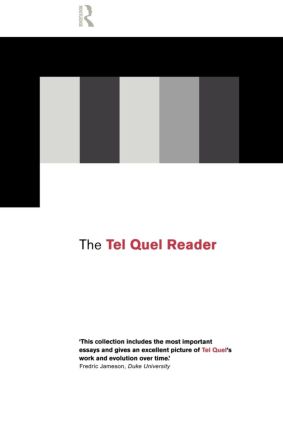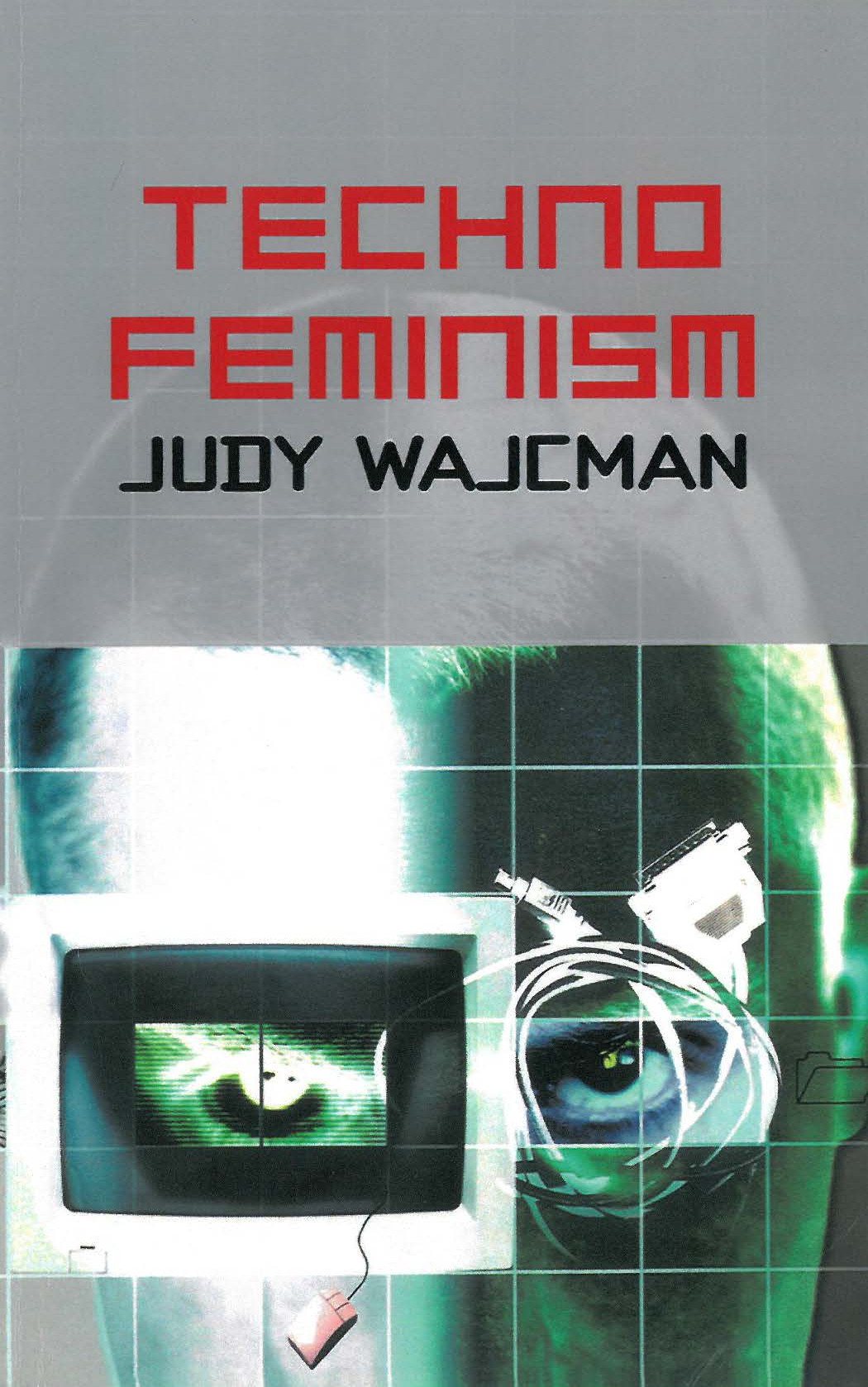David Macey: Frantz Fanon: A Biography (2000–)
Filed under book | Tags: · algeria, biography, colonialism, communism, existentialism, france, literature, marxism, négritude, philosophy, psychiatry, race, racism

“Born in Martinique, Frantz Fanon (1925–61) trained as a psychiatrist in Lyon before taking up a post in colonial Algeria. He had already experienced racism as a volunteer in the Free French Army, in which he saw combat at the end of the Second World War. In Algeria, Fanon came into contact with the Front de Libération Nationale, whose ruthless struggle for independence was met with exceptional violence from the French forces. He identified closely with the liberation movement, and his political sympathies eventually forced him out the country, whereupon he became a propagandist and ambassador for the FLN, as well as a seminal anticolonial theorist.
David Macey’s eloquent life of Fanon provides a comprehensive account of a complex individual’s personal, intellectual and political development. It is also a richly detailed depiction of postwar French culture. Fanon is revealed as a flawed and passionate humanist deeply committed to eradicating colonialism.”
First published by Picador, 2000
Second edition published by Verso, London, 2012
ISBN 9781844677733, 1844677737
xxii+639 pages
Reviews: Megan Vaughan (London Review of Books, 2001), Peter Lennon (The Guardian, 2001), Mark Christian (Journal of Colonialism and Colonial History, 2002), Gareth Stanton (History Workshop Journal, 2002), Ciaran Mulholland (Socialist World, 2002), Godwin Kwadwo Osei-Nyame (Research in African Literatures, 2004), Kirkus Reviews (2001), Publishers Weekly (2001), Stephen Howe (New Humanist, 2013).
Interview with author (Theory, Culture & Society, 2011).
Comment (0)The Tel Quel Reader (1998)
Filed under book | Tags: · art criticism, cultural theory, film criticism, film theory, literary criticism, literary theory, psychoanalysis, science, semiotics, tel quel, theory

“The work of the French literary review, intellectual grouping and publishing team Tel Quel had a profound impact on the formation of literary and cultural debate in the 1960s and 70s. Its legacy has had enormous influence on the parameters of such debate today. From its beginning in 1960 to its closure in 1982, it published some of the earliest work of Jacques Derrida, Julia Kristeva, Michel Foucault and Roland Barthes. It was also associated with some of the key ideas of the French avant-garde, publishing key articles by Georges Bataille and Antonin Artaud.
The Tel Quel Reader presents for the first time in English the key essays written by the Tel Quel group. Essays by Julia Kristeva, one of the review’s editor’s Michel Foucault, and a fascinating interview with Roland Barthes are here made available for the first time in English. It provides a unique insight into the post-structuralist movement and presents some of the pioneering essays on literature and culture, film, semiotics and psychoanalysis.”
Edited by Patrick French and Roland-François Lack
Publisher Routledge, London & New York, 1998
ISBN 0415157137, 9780415157131
ix+278 pages
PDF (14 MB)
Comment (0)Judy Wajcman: TechnoFeminism (2004–) [EN, ES]
Filed under book | Tags: · cyberfeminism, cyberspace, cyborg, feminism, gender, sexuality, sociology, technology, technoscience, women

“This timely and engaging book argues that technoscientific advances are radically transforming the woman-machine relationship. However, it is feminist politics rather than the technologies themselves that make the difference. TechnoFeminism fuses the visionary insights of cyberfeminism with a materialist analysis of the sexual politics of technology.”
Publisher Polity Press, 2004
ISBN 9780745630441, 0745630448
viii+148 pages
Reviews: Martha McCaughey (American Journal of Sociology, 2006), Lucy Suchman (Social Studies of Science, 2006), Rosalind Gill (Science as Culture, 2005), Sarah M. Brown (NWSA Journal, 2007), Eva Patricia Gil (UOC Papers, 2007, Spanish), Isabel Clúa (n.d., Spanish).
Wikipedia (EN)
Publisher (EN)
WorldCat (EN)
TechnoFeminism (English, 30 MB)
El tecnofeminismo (Spanish, trans. Magalí Martínez Solimán, 2006, via)
See also Wajcman’s Feminism Confronts Technology, 1991.
Comment (0)
